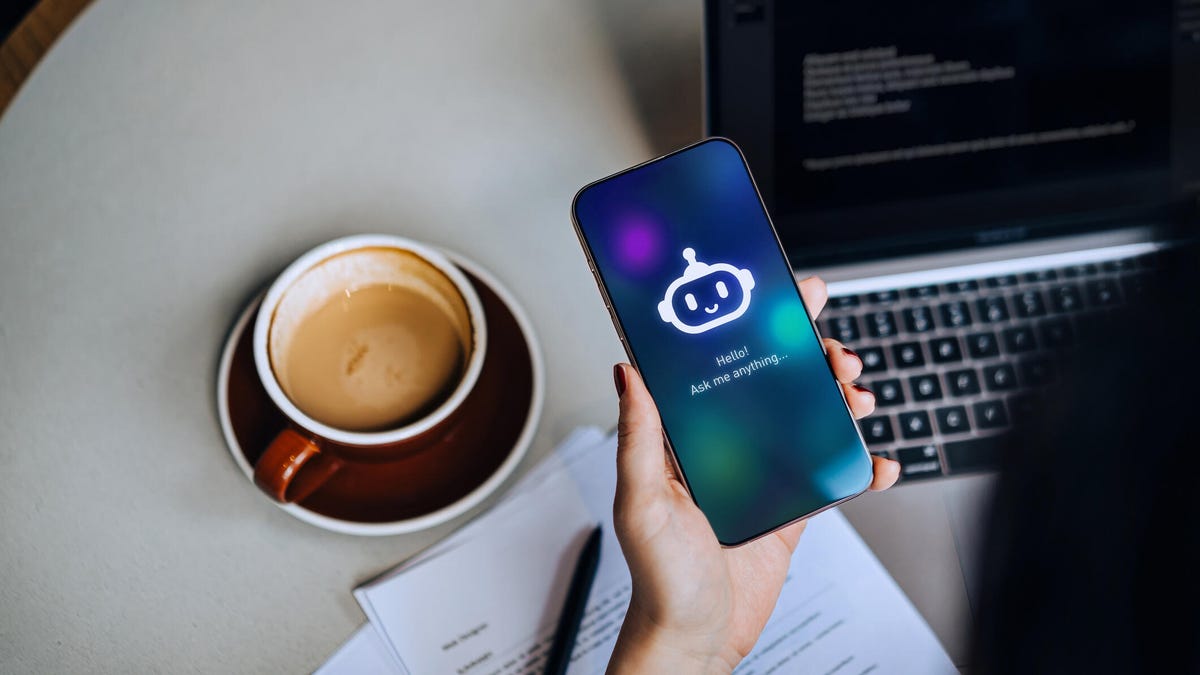AI Becomes a Ubiquitous Label at IFA 2025, Raising Questions About Meaning and Value

Key Points
- IFA 2025 featured AI branding on almost every showcased product.
- Samsung presented three distinct AI brands covering appliances, entertainment, and phones.
- Lepro provided a concrete example of a language‑model‑based voice assistant.
- Many AI‑labeled features, such as Hisense's voice commands, offered limited real functionality.
- Reviewers stressed the importance of testing to separate genuine AI from marketing hype.
At Berlin's IFA 2025, artificial intelligence was attached to nearly every product, from refrigerators to robot lawn mowers. While some brands, such as Samsung and Lepro, demonstrated genuine AI functions, many others used the term as a marketing hook, blurring the line between true generative capabilities and simple algorithms. Reviewers noted that the flood of AI‑branded devices makes it harder for consumers to assess real benefits, especially when features like voice assistants are merely re‑branded. The event highlighted a growing tension between AI hype and practical usefulness in the smart‑home market.
AI Overload at IFA 2025
Berlin's IFA 2025 showcased a tech landscape where the acronym "AI" appeared on virtually every headline and product description. From Samsung's trio of AI brands—Bespoke for appliances, Vision for entertainment, and Galaxy for phones—to robots from Roborock and smart refrigerators from Hisense, the buzzword was everywhere. Even smaller players like SwitchBot and lighting company Lepro embraced the label, attaching it to everything from fuzzy bear robots to prompt‑based wall art.
The sheer volume of AI‑tagged devices created a sense of saturation. Reviewers observed that the term was being used as a blanket marketing term, making it difficult for the average consumer to discern whether a product truly incorporated modern generative AI, such as large language models, or simply relied on basic algorithms and sensors.
Branding vs. Real Capability
Some manufacturers offered concrete examples of AI in action. Samsung's Bespoke AI claimed to optimise energy use in washing machines, while Lepro explained that its voice assistant was built on a language model trained specifically for colour‑selection advice. These instances provided clearer insight into how AI could add functional value.
Conversely, many other products fell short of delivering meaningful AI experiences. Hisense's AI‑labelled air conditioner offered a limited set of voice commands, and its AI Cooking and Laundry agents appeared to duplicate tasks already handled by existing smart displays or simple internet searches. SwitchBot's generative AI art frame, while visually novel, did not demonstrably simplify daily life.
This disparity highlighted a growing tension: when every device claims to be "AI‑enabled," the term risks losing significance. Consumers may begin to view the label as empty marketing, leading to skepticism about the actual benefits of new smart‑home features.
Implications for Consumers and Reviewers
The proliferation of AI branding puts pressure on buyers to research each claim thoroughly, a task many lack time or expertise to perform. Reviewers therefore play a crucial role in cutting through the hype, testing devices to determine whether AI features truly intelligent, or merely re‑packaged functionality.
Overall, IFA 2025 painted a picture of an industry eager to ride the AI wave, yet still grappling with how to integrate genuine, value‑adding intelligence into everyday products. The event underscored the need for clearer standards and honest communication about what AI actually does inside consumer gadgets.